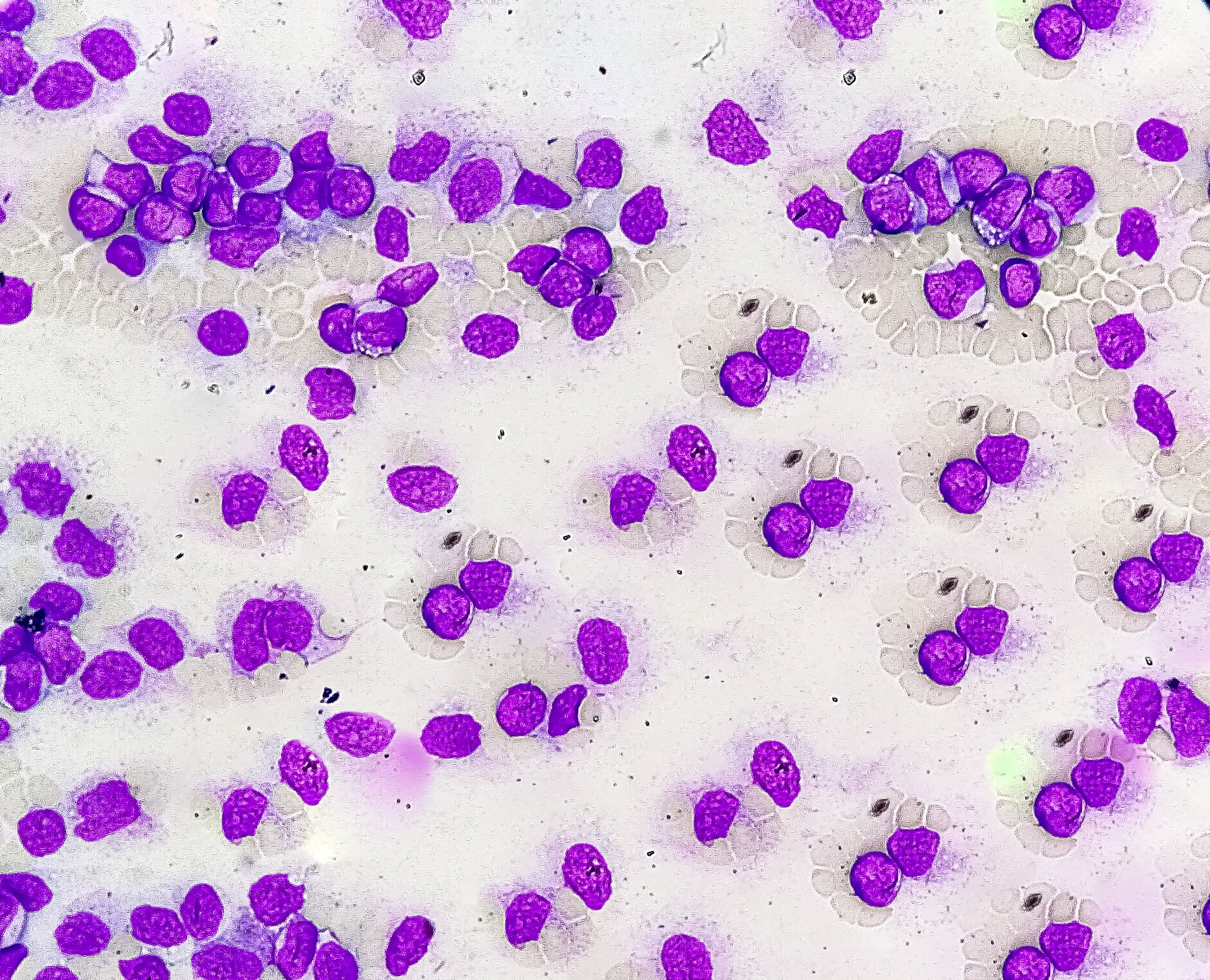With the so-called adoptive T-cell therapy, a new therapy method is in development that could also be used in the future for epithelial chemotherapy-refractory tumors. This is shown by the results of a pilot study with nine patients.
While the study situation for adoptive T-cell therapy in B-cell tumors and metastatic melanoma is more advanced, the procedure has been little studied in epithelial malignancies. Metastatic cervical carcinoma can be considered a prototype of such a cancer. Therefore, researchers now tested the benefit of a single infusion of autologous tumor-infiltrating T cells in nine patients (median age: 37 years). All participants had previously received platinum-based chemotherapy or chemoradiotherapy. The aim was to find out whether the tumor would regress as a result of T-cell therapy.
Procedure for T-cell therapy
T cells were first harvested from the HPV-positive tumors and cultured. Then certain cultures were selected that were particularly suitable for the therapy. Selection looked to select cultures with the strongest reactivity to HPV E6 and E7, as these two HPV oncogenes are present in almost all cervical carcinomas. The selected cultures were propagated and prepared for injection. The injected autologous T cells should subsequently infiltrate the tumor. Before infusion, patients had received lymphocyte-decimating chemotherapy, followed by aldesleukin.
Objective response achieved in one third
Infusion achieved a complete response in two tumors, which lasted 22 months after treatment in one case and 15 months in the other. In this heavily pretreated population with multiple metastases, such activity is remarkable. A partial response was seen in one patient over a period of three months.
Overall, the presence of HPV-reactive T cells in peripheral blood four weeks after infusion was positively associated with clinical response (p=0.0238). And the HPV reactivity measured in the injected product also correlated with the effectiveness of the therapy. Both suggest that T cells selected in this way may be most effective against HPV-positive tumors.
After this first promising exploratory study, further investigations are now warranted. An important task will be to target the cultures as specifically as possible to the oncogenes in question, as only then can efficacy be assumed.
Source: Stevanović S, et al: Complete Regression of Metastatic Cervical Cancer After Treatment With Human Papillomavirus-Targeted Tumor-Infiltrating T Cells. JCO 2015; 33(14): 1543-1550.
InFo ONCOLOGY & HEMATOLOGY 2015; 3(9-10): 5.











